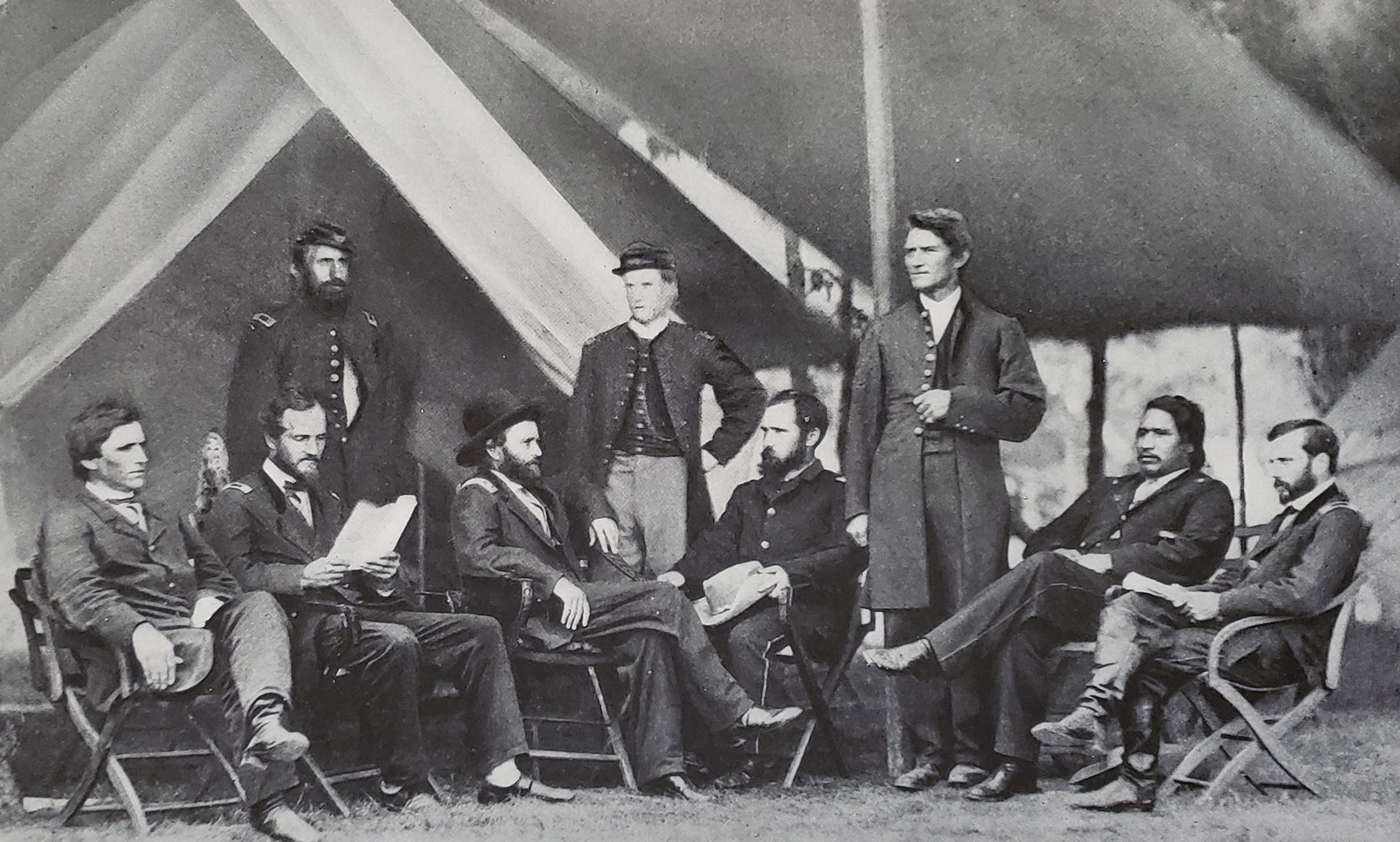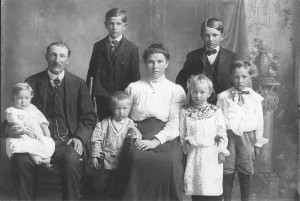 As pioneers migrate from one area to another, they often find that circumstances require changes in the way they do things. One such example involves a pioneer named John Deere. You may be familiar with the name as being associated with the manufacture of tractors and lawn mowers, but the beginnings of the company involved a different product, invented long before tractors or mowers came into existence. Continue reading A grand detour
As pioneers migrate from one area to another, they often find that circumstances require changes in the way they do things. One such example involves a pioneer named John Deere. You may be familiar with the name as being associated with the manufacture of tractors and lawn mowers, but the beginnings of the company involved a different product, invented long before tractors or mowers came into existence. Continue reading A grand detour
All posts by Tom Dreyer
The last Grand Sachem

Some years ago I was looking through a set of books that had been given to me by my wife’s grandmother. They were pictorial and history volumes relating events of the Civil War. This set was a memorial published 50 years after the war, in 1911, and there are hundreds of photographs in the ten volumes, many of which were taken by famed photographer Mathew Brady. While most of the pictures were interesting, there was one that immediately captured my attention. It was a photo of General Ulysses S. Grant and his staff just prior to the surrender of Robert E. Lee at Appomattox. The caption below the picture reads in part “… the Articles of Surrender which reunited a nation were inscribed in the handwriting of a descendant of the Seneca tribe of the Iroquois Indians of New York State.” I was astonished. None of the history books or teachers that I had ever mentioned that the articles of surrender at Appomattox had been penned by a full-blooded American Indian. I was also curious about how this came to be. Who was this person? I was determined to learn more. Continue reading The last Grand Sachem
ICYMI: Family puzzles
[Editor’s note: This blog post originally appeared in Vita Brevis on 2 May 2016.]

When I was young, my mother mentioned that in her youth her parents would sometimes playfully argue whether Norka was better than Balzer. When asked what that meant she explained to me that these were the names of villages in Russia. That confused me because I knew that she was of German descent. She explained that her German ancestors moved to Russia but eventually life became hard for them there, and after several generations they emigrated to the United States.
I wanted to know more about why they left their homeland to make such a long and difficult journey, especially after learning that the conditions they found in Russia were little better and in some cases worse than in Germany. Continue reading ICYMI: Family puzzles
The Wyoming Valley massacre

Many years ago, during a visit with my wife to her maternal grandparents, her grandfather asked if we could deliver some books which he had sold to a bookshop in Boston. He had worked on his family’s genealogy since he was a young man, beginning about 1900, and he was culling books from his library.
When we returned home I browsed through the books. One had several accounts of attacks on settlers by Indians but, not really understanding the relevance to his research, I put the book down and later in the week delivered the books as promised. Continue reading The Wyoming Valley massacre
Maine’s lost colony

Recently a patron asked me why he was unable to find information on his ancestors who arrived before the Mayflower. I explained that Plymouth Colony was the first permanently settled colony in New England. What I told him was technically true, but I later discovered that an earlier colony had been established in Maine. During the late sixteenth and early seventeenth centuries, England, France, and Spain all had their eyes on the New World, hoping to take advantage its great wealth of resources. Continue reading Maine’s lost colony
Family puzzles

When I was young, my mother mentioned that in her youth her parents would sometimes playfully argue whether Norka was better than Balzer. When asked what that meant she explained to me that these were the names of villages in Russia. That confused me because I knew that she was of German descent. She explained that her German ancestors moved to Russia but eventually life became hard for them there, and after several generations they emigrated to the United States. Continue reading Family puzzles